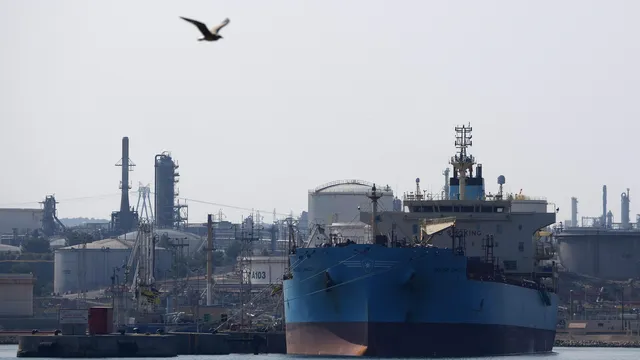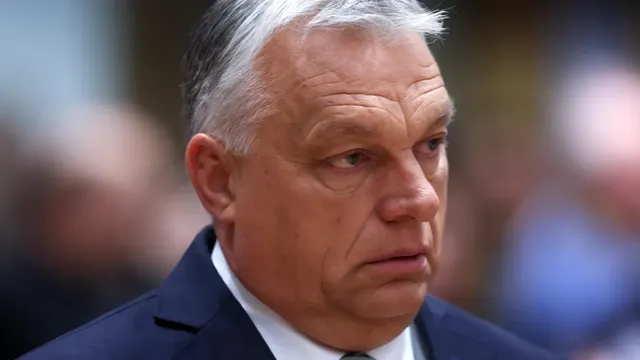Despite increasingly frequent forecasts of the end of the oil era, technological changes point in a different direction, Asharq Al-Awsat reported. At the heart of the digital revolution — from artificial intelligence to cryptocurrencies — new economic activities are emerging that require enormous data centers, which consume many times more energy than traditional industries. This trend strengthens the argument of oil producers that fossil fuels will remain indispensable for decades to come.
Saudi Energy Minister Prince Abdulaziz bin Salman has repeatedly emphasized this reality. In his view, the expansion of artificial intelligence and the gigantic data centers that support it will cause a sharp jump in global energy consumption. Despite progress in renewables, the world will need all available forms of energy — including oil and gas — to meet the growing demands of new technologies. “Talking about a complete phase-out of oil is unrealistic,” he said.
Recent research highlights how energy-intensive the new technologies are. AI data centers consume up to 20 times more electricity than ordinary facilities, due to the needs of training large models, processing massive datasets and continuous cooling. Cryptocurrency mining also uses colossal resources, while electric vehicles strain grids through fast-charging stations. Robotics, automation and virtual environments — including augmented and virtual reality — likewise require substantial amounts of energy.
According to OPEC, global data centers consumed 500 terawatt-hours of electricity in 2023 — more than twice the average for 2015–2019. By 2030 their consumption could reach 1,500 terawatt-hours — the equivalent of India’s annual consumption. A McKinsey report cited by the International Monetary Fund forecasts that AI servers in the United States alone could consume more than 600 terawatt-hours by the end of the decade.
Energy experts agree: oil will continue to play a leading role in world markets. Saudi consultant Abdul Aziz al-Muqbil highlights four pillars of Riyadh’s leadership: cooperation with producers through OPEC, flexible responses to demand, ensuring economic stability through secure supplies, and expanding access to energy worldwide.
Dr. Mohammed al-Sabban, a former adviser in the Saudi energy ministry, also rejects the thesis of an imminent twilight of oil, calling it Western propaganda. He argues that a growing global population means higher demand, especially in transport, where renewables struggle to fully replace fossil fuels. He also criticizes perceived contradictions in Western policies — advocating abandonment of oil while expanding coal use, which he says is more harmful and less competitive.
Al-Sabban further stresses that fears of resource depletion are unfounded, as global reserves continue to grow, often thanks to Saudi efforts. He points to the kingdom’s diversification strategy — developing oil, gas, renewables, nuclear energy and hydrogen — as proof that it is prepared to meet the world’s needs across the energy spectrum. | BGNES

 Breaking news
Breaking news
 Europe
Europe
 Bulgaria
Bulgaria







